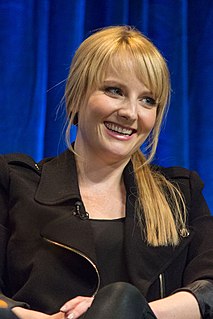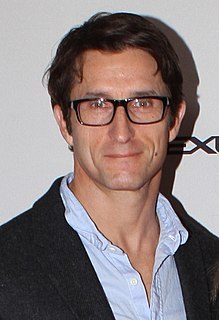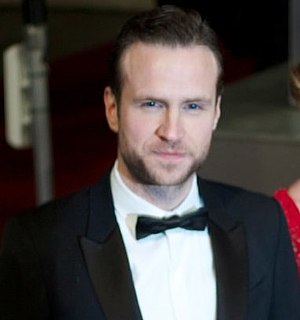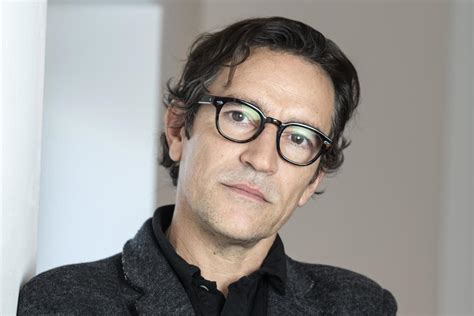A Quote by John Bishop
An accent like mine defines you regionally, but it also gives you a class identity.
Related Quotes
Acting for me was hard enough without having to think of the accent. And also, when I was auditioning for stuff I would walk into the room with an Australian accent, and I would do the audition in an American accent, and they would invariably say, 'Yeah, it's that good, but I can still hear the oddity coming through.'
I think one of the main differences between being an English actor and being an American actor is that we have things like the class system in England.I'm middle class. But I've got what some people might consider to be a working-class accent, so you've got those sorts of elements in this country to consider, which, in America, exist, but not necessarily in the same way.


































